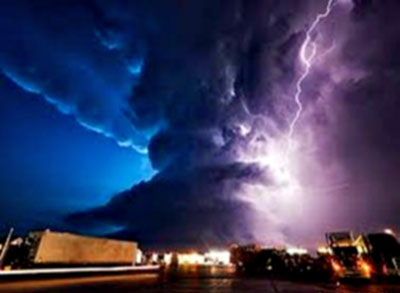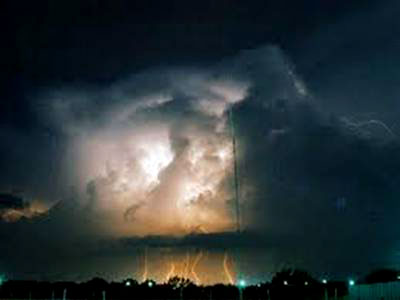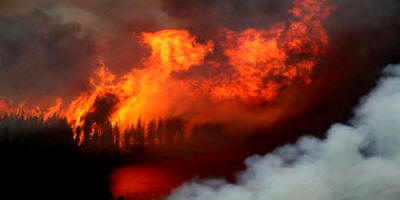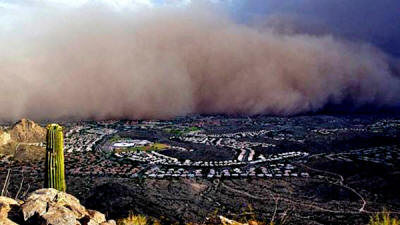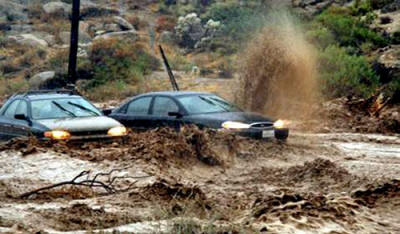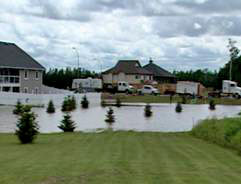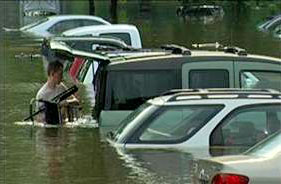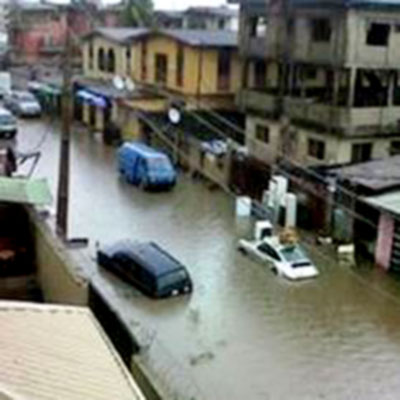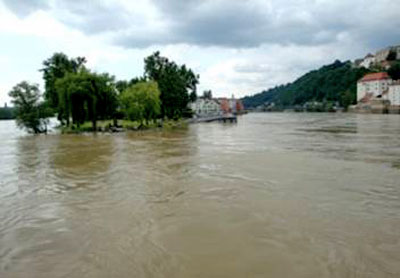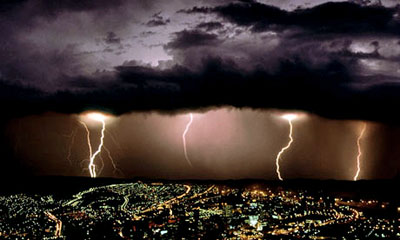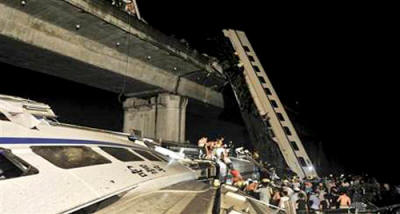|
Director 26 July 2011 from IMVA Website
Russel Mead writes,
Climate catastrophes, harvest failures, droughts, dust and firestorms are raining misery on an increasingly unstable earth.
What do we expect when our entire planet has shifted on its axis and unexplainable increases in gamma radiation are being detected, both affecting the weather? Everything is changing around us; even thousands of miles beneath our feet the earth is rumbling loudly with a record number of volcanoes now in various stages of eruption.
Floods, tornadoes, earthquakes, tsunamis
and other extreme weather have left a trail of destruction during
the first half of 2011.
There were jaw-dropping heat indexes -
measured as These “extreme weather” events will become more numerous and deadly as atmospheric conditions across the planet become more and more unstable.
The sheer force of Nature is increasing (for some reason) and she is deadly, often striking without warning. In the space of hours or even minutes, in the case of tornadoes, unbridled forces of nature can obliterate everything man has created.
It’s time to face the fact that the
weather has changed dramatically in a very short period of time and
it’s threatening to spin out of control.
Reports of these kinds of storms have been pouring in from all around the world.
Some people are calling them cloudburst storms, which are very intense thunderstorms. In many instances these storms appear to come out of nowhere. Most of them develop late at night where the atmosphere has been heated by record daytime temperatures.
They are characterized by very intense lightning strikes.
Some unleash hailstones and monstrous amounts of
rainfall that often lead to dramatic flash-flooding events like we
witness in the video below where we actually see, to our horror,
people getting swept away by a very sudden flood.
Though science cannot yet explain all
the reasons behind the radical changes in the world’s climate, “a
changing climate is a reality,” and one that effects all sectors of
society,
said Achim Steiner, director of the U.N. Environment
Program. While Chicago dealt with too much water, Arkansas was preparing for forest fires due to drought.
Fires have been burning down millions of
acres around the world. Some 40,000 wildfires have torched over 5.8
million in the United States alone and conditions threaten to worsen
through the summer months.
The wet spring led to late planting of corn, and dry hot weather was adding concerns.
Drought, unlike earthquakes, hurricanes and other rapid-moving weather, could become a permanent condition in some regions.
Temperatures in many states have spiked to more than 100 degrees for days at a stretch.
And the day of dust storms is suddenly back as dryness overtakes much of the country. Dozens of wildfires raged across much of northwestern Ontario on the weekend as hot, dry weather swept the province, leaving forests tinder-dry.
The provincial Ministry of Natural
Resources says there are 92 active fires burning in the remote
northwestern region.
Overnight rains dumped nearly seven
inches of rain on Chicago
It’s not just extreme weather but changes in an areas basic climate that is concerning people.
For instance lengths of winter, summer and rainy seasons in Bangladesh have increased, while spring has decreased, changes that are likely to have an adverse impact on agriculture, said a study based on farmers’ perceptions. Winter, traditionally around two-and-a-half months long, now prevails for three-and-three-quarters, while summer takes five months, almost double the past usual length.
On the other hand, rainy season,
normally two-and-three-quarters, prevails for around
three-and-a-half months, while spring is now one-and-a-half months,
nearly half a month less than before.
North Korea’s food shortage has reached
a crisis Just when it is hottest and we are totally convinced that global warming is not just a hallucination we get a report urging motorists in Europe to pre-order cold-weather tires because next winter will “break all records” in terms of snowfall and freezing temperatures.
Specialist long-range forecaster James Madden, of Exacta Weather, correctly predicted the harsh conditions experienced over the last two years and gave his forecast.
He warns:
Lightning striking
over Cape Town, South Africa You might have thought not too much out of the ordinary about these super storms if you have not lived through one yet.
Lightening striking down from the heavens from these storms are killing unusual numbers of people and a few days ago we had a lightning strike actually cause the derailment of a train in China.
We have heard of planes having problems
occasionally with lightening, but trains?
Conclusion
One has to be almost brain-dead to not
get the implications to our civilization as the world’s climate
careens out of control. We can’t say we did not have any warning but
no one alive saw how violent the weather would turn out to be in
this first half of 2011. In 2007, NASA scientists also developed a
new climate model that indicated that the most violent severe storms
and tornadoes may become more common.
The sun has been in a low activity phase so something else has to be the cause of warming even as we suffer through cooling due to diminished solar output.
So the question remains, what is causing
our violent weather?
|

